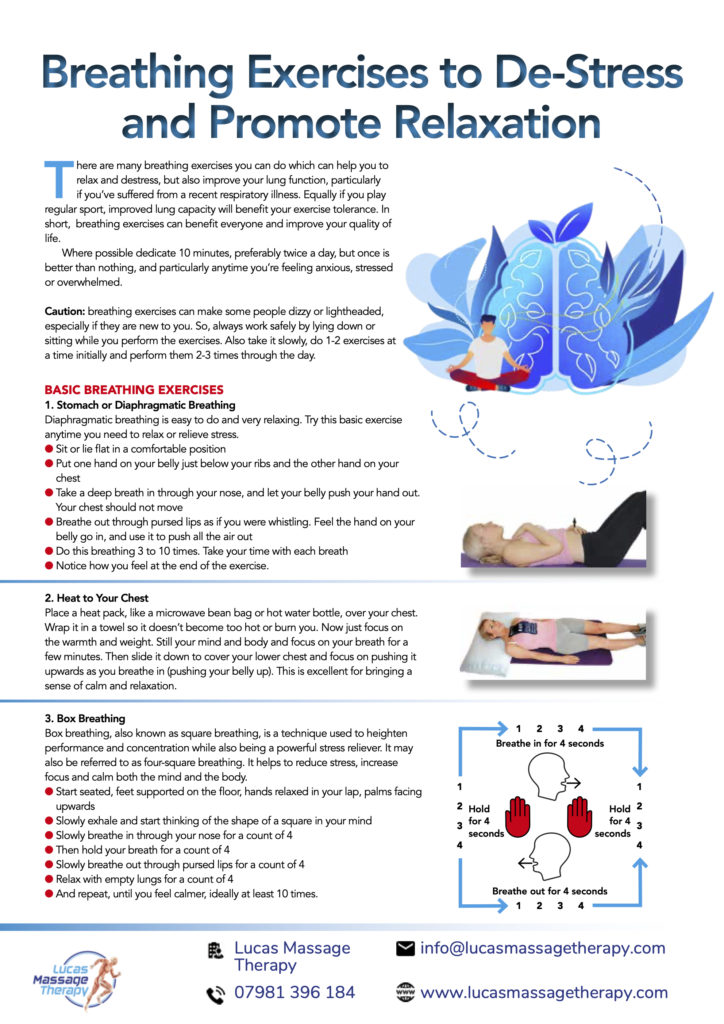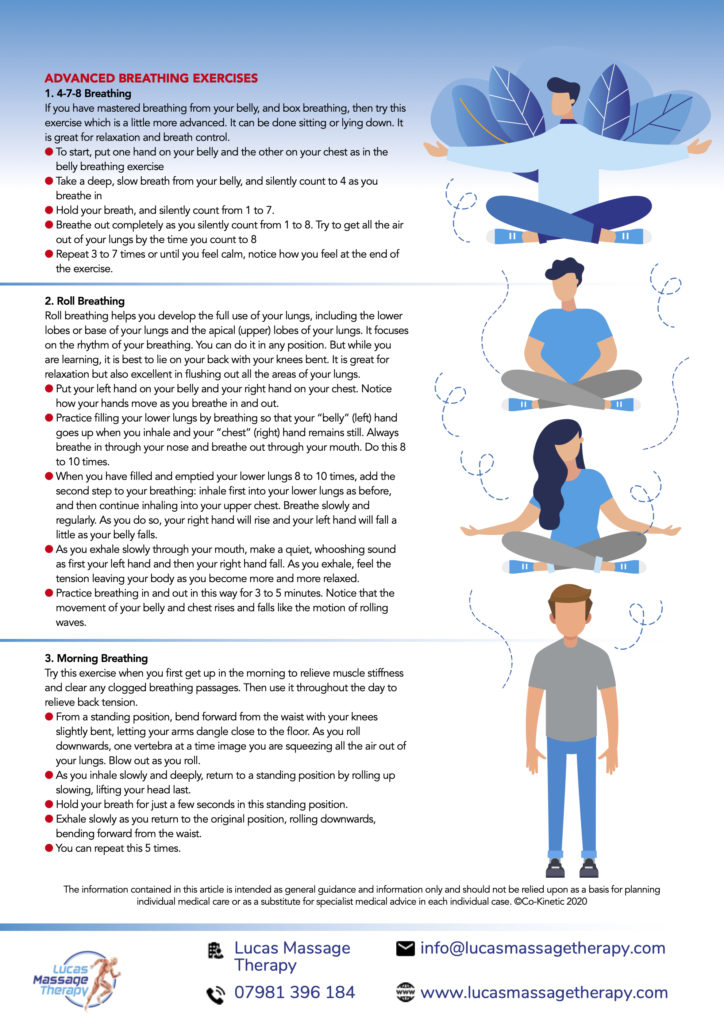What is stress?
Stress arises from challenging situations or demands, triggering physiological and psychological responses. The body releases hormones like adrenaline and cortisol, activating the fight or flight response to prepare for action. This can result in physical symptoms like elevated heart rate, blood pressure, and muscle tension. While this can be beneficial in certain situations, prolonged stress can adversely affect the immune system, cardiovascular system, and digestive system, and may also cause emotional symptoms like anxiety, depression, and irritability.
Stress symptoms
Stress can manifest in various ways, both physically and emotionally. Physical indications may comprise headaches, muscle tension, fatigue, chest discomfort, and alterations in eating and sleeping routines. Emotional signs can involve anxiety, irritability, depression, and a sense of being overwhelmed. Behavioural indications may consist of changes in appetite and sleep patterns, reduced motivation, and heightened reliance on alcohol or drugs. If not dealt with, prolonged stress can result in significant health issues.
Causes of stress
Typically, when considering the factors that contribute to stress, we tend to focus on work-related matters, financial burdens, familial or relationship concerns, the impact of wars on our loved ones, health-related anxieties, or the stress triggered by significant life transitions. Nevertheless, there exist additional, less apparent sources of stress as well. These include the constant inundation of negative news, the environmental threat, or more existential pressures pertaining to the purpose, meaning, and mortality of life.

Coping with Stress
Stress management encompasses various strategies that can aid in stress reduction and enhance overall well-being. Here are some practical recommendations for effectively managing stress:
Utilize relaxation techniques: Engage in deep breathing exercises, receive massages, or practice meditation to lower stress levels.
Embrace mindfulness: Be fully present and non-judgmentally aware of your thoughts and emotions. Cultivating mindfulness can alleviate stress and enhance mental clarity. Incorporate exercise: Engage in regular physical activity to release endorphins, which are natural mood enhancers. Consider integrating activities such as walking or yoga into your daily routine.
Foster positive self-talk: Replace negative self-criticism with positive affirmations to reduce stress and improve self-esteem. Focus on your strengths and positive aspects of life, while avoiding dwelling on negative thoughts.
Manage time effectively: Create a well-organized schedule and prioritize tasks to prevent feeling overwhelmed. Set realistic goals and break down larger tasks into smaller, manageable steps.
Seek social support: Connect with loved ones and seek their support during stressful periods. Consider joining support groups or seeking guidance from a therapist. Cultivate healthy habits: Maintain a balanced diet, prioritize sufficient sleep, and limit alcohol and caffeine intake to uphold a healthy lifestyle. Remember, stress management is a continual process, and what works for one person may not work for another. Experiment with different techniques until you find what suits you best.
Breathing exercises for stress


Importance of Maintaining a Healthy Lifestyle
Maintaining a healthy lifestyle is of utmost importance in reducing stress levels. Consuming a well-balanced diet, engaging in regular exercise, and ensuring sufficient sleep are vital aspects of a healthy lifestyle. These practices can effectively alleviate both the physical and emotional impacts of stress.
Sufficient sleep is crucial in the reduction of stress levels. Rest and recharge are facilitated by sleep, while inadequate sleep can heighten stress and anxiety. Strive for 7-8 hours of nightly sleep and maintain a regular sleep routine to enhance sleep hygiene.
Consuming a nourishing diet equips the body with essential nutrients for optimal functioning, thereby aiding in the alleviation of stress. Maintaining a well-balanced eating regimen that encompasses fruits, vegetables, whole grains, lean protein, and wholesome fats contributes to the stabilization of blood sugar levels. This, in turn, helps diminish sensations of irritability and fatigue commonly linked to stress.
Regular physical activity is effective in diminishing stress levels. Engaging in exercise triggers the release of endorphins, which are natural chemicals that enhance mood and alleviate symptoms of anxiety and depression. Additionally, exercise aids in the reduction of muscle tension and promotes better sleep quality, thus contributing to lowered stress levels.
Identifying the indicators and indications of stress is vital for tackling it. Effective stress management methods include practising techniques for relaxation, being mindful, engaging in physical activity, promoting positive self-communication, efficiently managing time, seeking social support, and adopting healthy habits.
Additionally, maintaining a well-balanced diet, regularly participating in exercise, and ensuring sufficient sleep can assist in minimizing the physical and emotional impact of stress. Engaging in exercise triggers the release of endorphins, which are natural chemicals that enhance mood and alleviate symptoms of anxiety and depression. Additionally, exercise aids in the reduction of muscle tension and promotes better sleep quality, thus contributing to lowered stress levels. Identifying the indicators and indications of stress is vital for tackling it.
Effective stress management methods include practising techniques for relaxation, being mindful, engaging in physical activity, promoting positive self-communication, efficiently managing time, seeking social support, and adopting healthy habits. Additionally, maintaining a well-balanced diet, regularly participating in exercise, and ensuring sufficient sleep can assist in minimizing the physical and emotional impact of stress.

